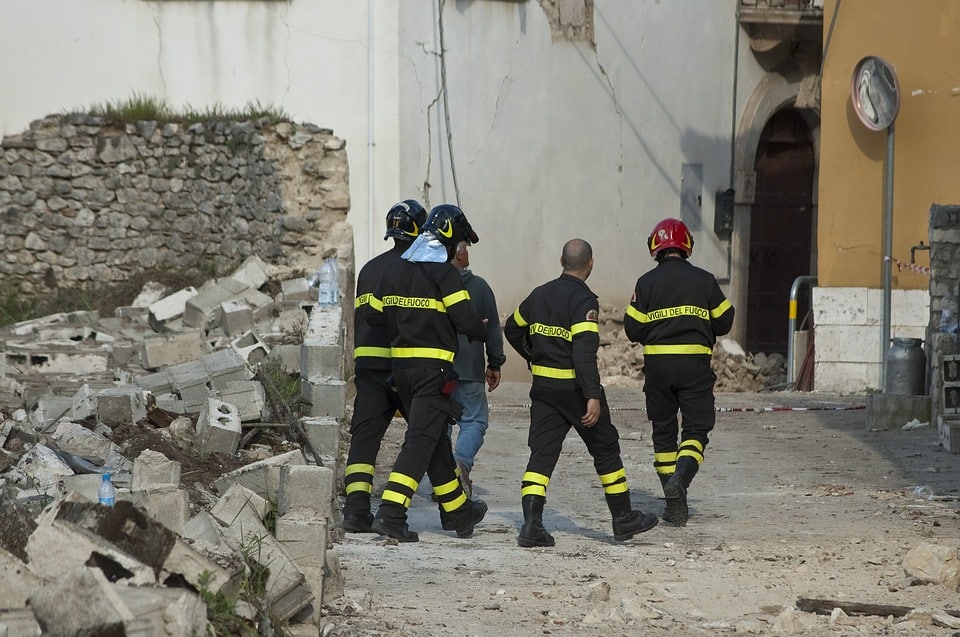Unlike most other natural disasters, there is no season associated with earthquakes. An earthquake could strike at any time, and even though many newer buildings are equipped to handle such an event, there’s no way to predict what kind of damage could occur to the building you may be in when catastrophe strikes.
Since the foundation of your home moves with the motion of the ground, the rest of your building will also move. Damage caused by this motion may be immediately evident in the event of a major earthquake, but some damage will be invisible to the naked eye right after a small earthquake. Because of this, it’s important to assess your home and other buildings you may own following an earthquake. Doing so will ensure that you catch any small issues before they become major problems.
Here are some things in your home you’ll want to check out following an earthquake:
- Walls and ceilings — If you see cracks in your wall or ceiling, that could indicate major structural damage. This could mean that the nails and screws holding the structure of your home together have come loose. It may also suggest that your foundation has shifted under your home, which is a major issue and safety concern.
- Stairwells — Stairwells are especially vulnerable to damage during an earthquake. Even a small shock may cause the stairwell’s structure to be weakened. A poorly constructed or maintained stairwell can not only impact whether or not your building is up to code, but it is also a safety hazard, as extensive damage could cause the stairwell to fail. After any size of earthquake, you should have stairways inspected to ensure they are safe for people to use.
- Doors and windows — Your building may have been thrown off level during the earthquake. As a result, you may find that some doors and windows are difficult to open or close. You should check each door and window in your building to make sure they are working correctly. If they aren’t, this could be an indication that other underlying problems need to be addressed.
- Plumbing — After an earthquake, you should have your plumbing and electrical systems inspected. During an earthquake, pipes may shift or break, which can cause leaks. These small leaks could eventually cause significant water damage to your home, so it’s important to catch them before the damage becomes too extensive.
- Electrical —Your electrical wirings can also be affected by an earthquake. Some wires may snap, come loose, or short out. These types of issues could be potential fire hazards, so it is important to identify them before they cause another disaster.
- Non-structural systems — Earthquakes can also damage security or HVAC systems. While this damage may not be as threatening as other types of destruction, it’s important to have these systems inspected by a professional so you aren’t dealing with residual problems at an inconvenient time in the future.
Many new buildings are well-equipped to handle whatever conditions Mother Nature throws at them. However, this doesn’t mean that your home is immune to the effects of a major natural disaster like an earthquake. Inspecting your building after an earthquake will not only help you identify minor issues before they become major problems, but will also ensure the safety of everyone who comes in and out of the building.

